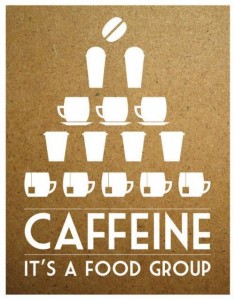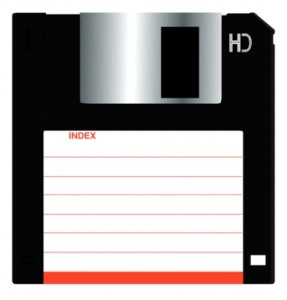This reading contained many ideas about hypertext and like I have said in a previous blog, not all of them sink in. Certain things stand out to me that are of interest, I write them down and have a think about them. One point that got my attention was that ‘hypertext becomes experiential’. This might seem strange but I really like this word, EXPERIENTIAL. Meaning we don’t just absorb passively but we gain something from an experience.
‘Experiential learning is the process of making meaning from direct experience’
Landow explains in this reading that idolatry of the author is limited because the reader participates in the text and therefore multiple beginnings and endings are created. I see it like the reader being an editor and can create new meaning from the text by placing emphasis on the particular parts they want to make meaning from.
This sparked the thought in my mind about Barthes’ theory. Death of the Author.
“To give a text an Author” and assign a single, corresponding interpretation to it “is to impose a limit on that text.”




